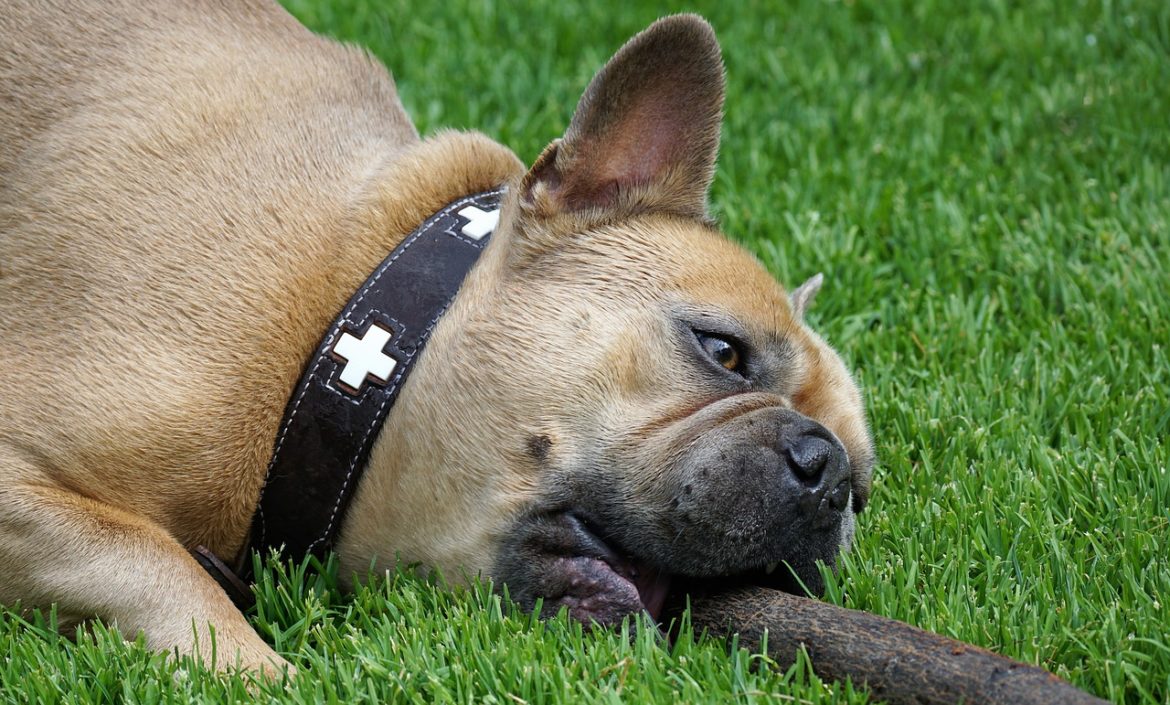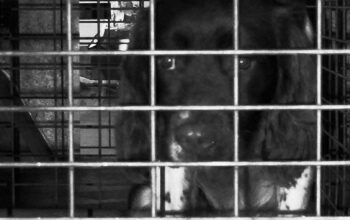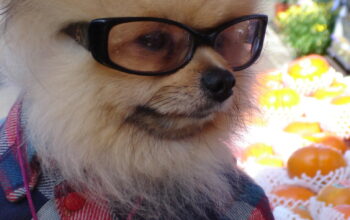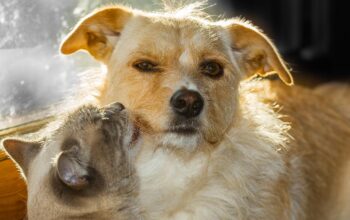When you have a dog who has a tendency to chew things he shouldn’t, it can become frustrating fast. A chewy pooch can make his owners crazy. The trick is to understand a little about why your dog is chewing, and then to know how to motivate him to chew something more appropriate and away from your new coffee table.
Why do puppies chew?
Much like humans, puppy babies explore their world with their mouths. Your puppy tries to figure out what is soft, what is hard, what tastes good and what doesn’t around him. But beyond exploring, a serious chewing habit can start when he starts teething. Yes – your puppy will act like a baby!
How can a dog stop his chewing?
Your puppy is about 4 to 6 months old and losing his body parts. His new adult teeth must pop through his gums – which can be uncomfortable. The only relief is chewing for your dog. Unfortunately, if you are not around to show him what to chew on he can end up on whatever he finds around the house.
When it comes to puppy chewing, it is a matter of truth. Curious puppies who chew what they can get on can be dangerous. Inexperienced kittens can lead to veterinary visits and even surgery, so when you have a puppy keep him on a leash to be safe and supervised. Keep an eye out for what he is getting into so that you can stay out of the veterinary office and your new furry addition keeps healthy.
Why do adult dogs chew?
If your dog is no longer a puppy but can still chew a favorite shoe, you have caught yourself in the middle of a behavioral issue instead of a puppy instinctual behaviour. The good news is that you can correct the behaviour and stop chewing. The bad news is that it requires consistent behavior from your part so that you can establish clear guidelines and limits for your dog so that he knows what is acceptable and what is not.
Adult dogs chewing can arise from a variety of reasons. Separation anxiety and boredom are often the main causes, but these are also somewhat simple fixes.
No matter how old your dog is, there are a few ways to stop this habit. Here are a few of our favorites:
- Stop chewing when it happens with a no’ Directly then, send your dog to an appropriate chewing toy. This means that you will have to be aware of what your dog is doing and be a bit suspicious if he slides out of the room. Keep appropriate chew toys within a close range so your dog can get quick redirection.
- Don’t confuse your dog with mixed signals. Our own owners have given their dog an old shoe to chew on in the hopes that it might limit the dog’s chewing on new shoes. But it can be very confusing for a dog to understand why he can eat this shoe but not other.
- Stock up on the correct chew toys. We never have antlers too far away from our dogs here at Dog Training Now. The antlers last a long time and dogs usually like to gnaw on them. Many of us also recommend Nylabones, but sometimes your dog won’t be a fan of either. Whatever you decide to go with a soft toy or a kong, be sure that your toys are durable and able to withstand the bite of the sharp dog teeth. Step out your toys once they show signs of destruction — throw them and replace sooner rather than later
- Mix up your chewing toys. Recommended to frequently change chew toys out, especially for puppies. This can make the toy appear exciting and fresh which means he is more likely to chew on it. Having a lot of chew toys lying around can make it a bit boring for your dog, so swap toys into and out of your routine.
- Go for a walk. If your dog is bored, you might find yourself with a chewing problem. Make walks part of your daily routine and remember that your dog receives more than just physical exercise from a walk around the neighborhood. He exercises his legs and brain, which can result in better behavior at home.
- Don’t turn it into a game. Do your best to listen to how you react when you catch your dog chewing. If you tend to chase him around to get the item out of his mouth, he may associate your behaviour with a game. If you catch him in the act, say “no” and redirect him to an appropriate toy. Take your dog lots of praise and start chewing on it when you see it. Dogs like to be praised by their owners and that can motivate him to start good habits of chewing.
- For older dogs who just can’t help themselves go for the same pair of shoes or coffee table legs, investing in bitter apple or bitter orange spray can be very helpful. Spray the items that your dog usually chews. The taste is a deterrent for your dog, plus it is safe for them and for your products.
- Get help! Dogs that chew also with constant owner intervention need a specialized plan.
Here is the first step on your journey to eliminate unwanted chewing in your home. Good luck!



